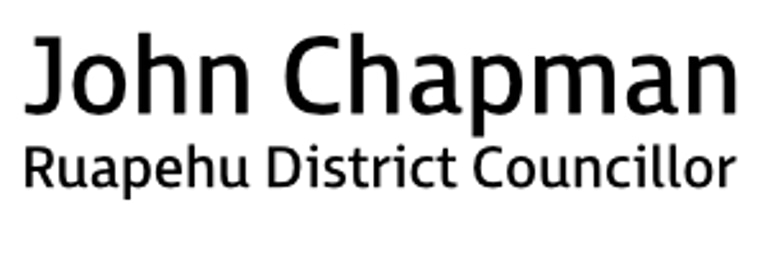Our governance
There are two issues that stand out in Ruapehu: how we fund Council and how its governance structure works. Ask almost anyone in Ruapehu for their view on the council, and the response will almost certainly be negative. Years of simply not having enough money to fulfil ratepayer expectations and the hemorrhaging of experienced staff to do the necessary work have led to a bare bones council that is seen by many as failing to, in some instances, deliver core services. There are exceptions, frontline staff are cheerful and helpful, our libraries are a credit to the staff who administer them.
Where council fails is in the delivery of the big ticket items, it never seems to have budgeted for. and economic development. Over the last ten years, and with the promise of a million dollars set aside, Council has repeatedly consulted with Raetihi on its revitalisation, and the town has repeatedly come back saying it would like its end of life pool replaced. Three years ago, a consultant’s report said replacement was the best option. It gets tantalisingly close, but then council bureaucratic manoeuvre kicks in again, and a new revitalisation committee is formed by council and the can is again kicked down the road, engendering a deep cynicism over council's intentions to ever deliver. Just one example of many that leave RDC with a credibility problem that isn’t easily fixed. Yes, we expect champagne services on a beer budget, but that can easily be remedied by simply being honest about service delivery.
Before every community board and council meeting, there is time given over to hearing from members of the public on issues of importance to them. Rarely, if ever, do the issues raised get actioned, or if it isn’t a matter council can action, is advice given on how the person submitting can proceed. Three years ago, I made a resolution as a board member in Waimarino Waiouru, calling on council to give feedback to those submitting to the board to receive feedback from council on action taken on their behalf. Or if the issue is out of the scope of Council to assist them in resolving their issue. Although the resolution was passed unanimously, it has never been implemented. While Council does a mean Facebook, it's issues like this that really count.
Before the last election Council was restructured to include three Māori wards. What was surprising at the time was the failure to consider rural representation at the same time as that of Māori.
According to Infometrics, the agricultural sector comprises of 21% of our local economy, worth 13.4 million dollars.. Our farms contribute the lion's share of our rates, yet when they raise the issue of the services they enjoy are simply told, you have roads, don’t you? Rural wards ensure that rural communities have dedicated representation on the council. which can be particularly important for areas where the population density is lower and might be difficult for a rural candidate together elected without a dedicated ward. Bringing the voice of our largest industry sector to the table would be of enormous benefit to the Council.


